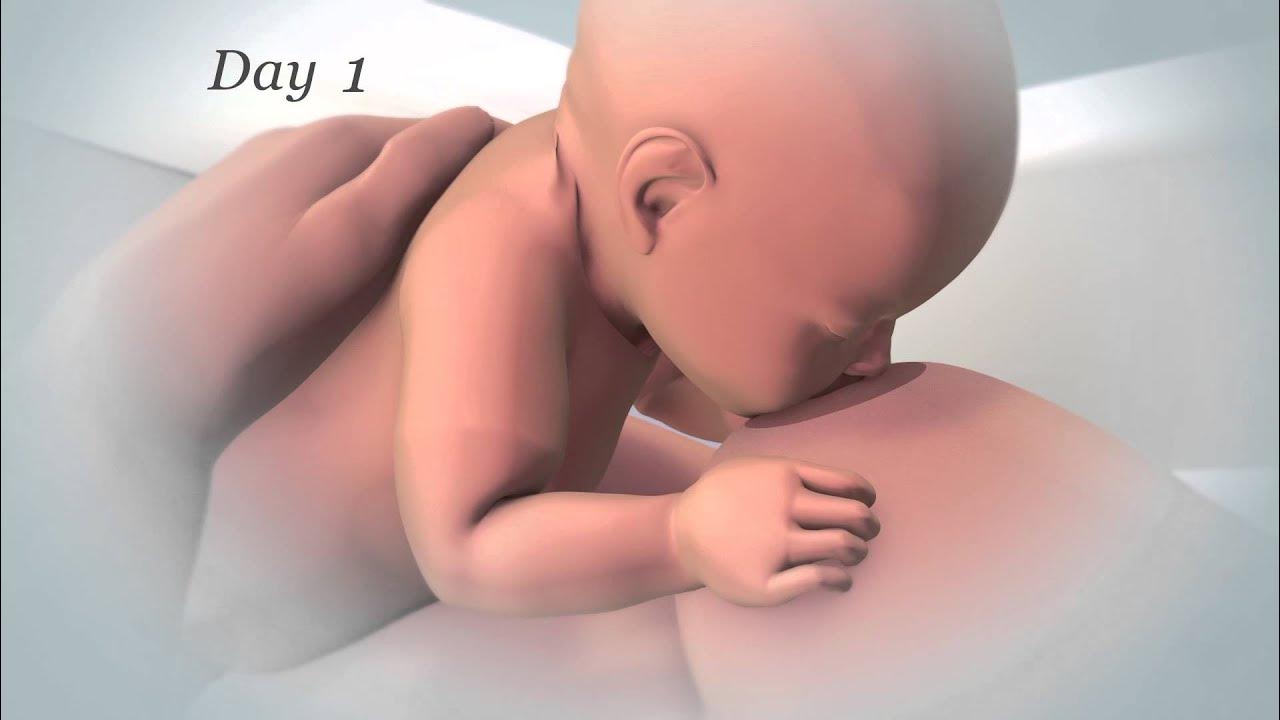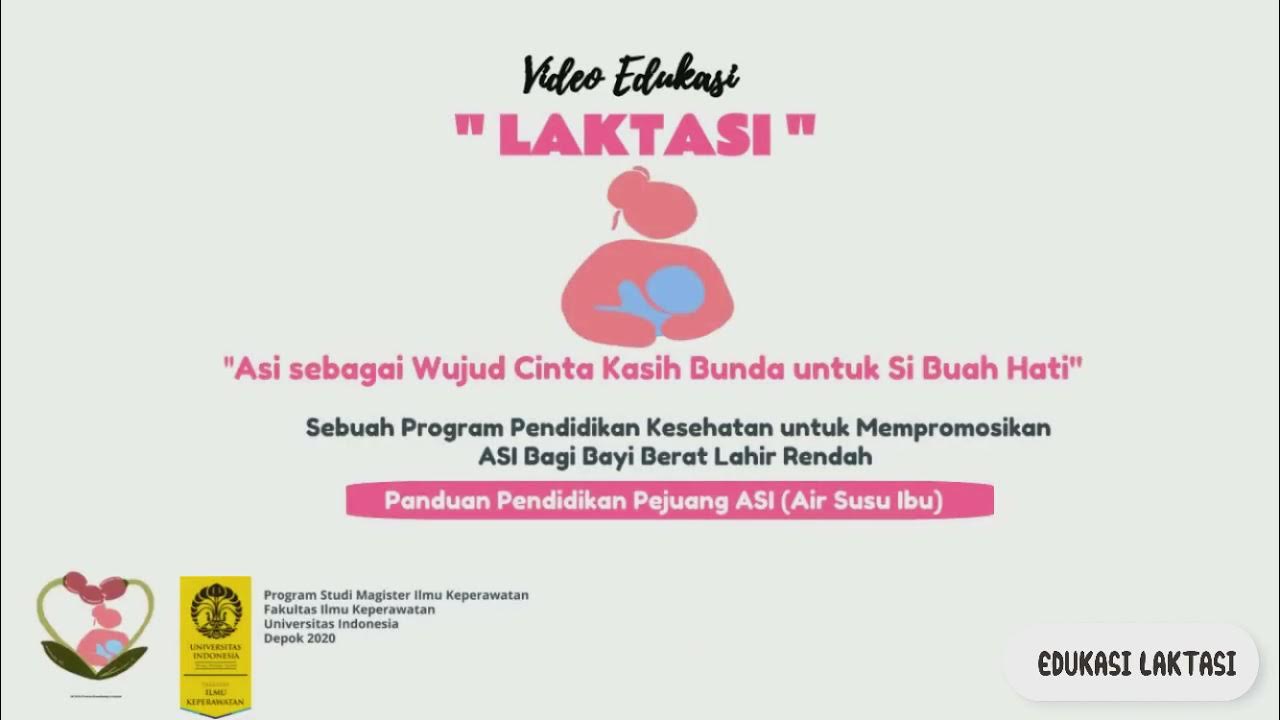Kenapa Kita Ciuman?
Summary
TLDRThe video explores the mystery of why humans like to kiss, presenting theories such as the connection to early childhood bonding, when babies couldn't digest food and relied on their mothers for nourishment. It also discusses kissing as a learned behavior, influenced by culture and media. While kissing has been practiced for over 3500 years across 90% of human cultures, it's not without risks, like the transmission of diseases. However, kissing can have health benefits, including reducing stress and improving heart health. Ultimately, the choice to kiss or replace it with another gesture is personal.
Takeaways
- 😀 We don't really know why we like to kiss each other.
- 😀 One theory suggests that kissing originated from when babies couldn't digest food themselves and relied on their mothers to transfer food through the mouth.
- 😀 Babies' inability to digest food without teeth might have contributed to the idea of kissing, which some scientists argue could be a learned behavior.
- 😀 Kissing may not be an instinctual action, but rather something humans have learned through imitation, particularly from media like Hollywood movies.
- 😀 Kissing has been a part of human culture for over 3500 years and is practiced in 90% of human cultures around the world.
- 😀 While kissing is widespread, it doesn't mean we should kiss strangers, as it can spread deadly diseases like herpes.
- 😀 Kissing can have positive health effects on the body, including increasing epinephrine and norepinephrine, which is like getting a mild workout.
- 😀 The physical effects of kissing are beneficial for the heart and can help lower stress and cholesterol levels.
- 😀 The debate on whether we should replace kissing with gestures like sticking our noses together is subjective and up to individual preference.
- 😀 Ultimately, kissing has long-lasting cultural significance and potential health benefits, making it a widespread and enduring human behavior.
Q & A
Why do humans like to kiss?
-Humans like to kiss for various reasons, including biological instincts, social learning, and cultural influences. While the exact reason is not fully understood, theories suggest it may stem from early human experiences, such as infants receiving food from their mothers.
Why don't we just stick our noses or foreheads together instead of kissing?
-While alternatives like touching noses or foreheads could be affectionate, kissing specifically engages more senses and emotional responses. It’s also a practice deeply ingrained in human behavior across cultures.
What is the theory behind kissing related to early human development?
-One theory suggests that kissing is linked to how mothers fed their infants in ancient times. Without teeth, babies couldn’t chew food, so mothers would chew it for them and pass it into their mouths, somewhat resembling a kiss.
Is kissing an innate human behavior or something we learn?
-There are differing opinions. Some scientists believe kissing is learned behavior, influenced by cultural representations like those in movies, while others argue it might be instinctual, developed over time from early bonding experiences.
How has Hollywood influenced our perception of kissing?
-Hollywood plays a significant role in shaping our perception of kissing. With kissing being a common trope in movies, people often become curious about it and may imitate it as part of cultural norms and romantic expectations.
How long have humans been practicing kissing?
-Humans have been practicing kissing for over 3500 years, with the tradition appearing in various forms across different cultures throughout history.
Is kissing practiced universally among humans?
-Yes, about 90% of human cultures practice some form of kissing. While the specifics may vary, kissing as an expression of affection and bonding is widespread.
Can kissing spread diseases?
-Yes, kissing can transmit certain diseases, such as herpes. It’s important to be cautious about who you kiss to avoid spreading illnesses.
What are the health benefits of kissing?
-Kissing can increase epinephrine and norepinephrine levels, which can provide a workout-like effect on the body, benefiting heart health. Additionally, kissing has been shown to lower stress and reduce cholesterol levels.
Should we replace kissing with nose touching?
-The decision to replace kissing with nose touching is a personal choice. While both gestures can be affectionate, kissing has its own set of benefits and cultural significance, making it a popular expression of love and bonding.
Outlines

このセクションは有料ユーザー限定です。 アクセスするには、アップグレードをお願いします。
今すぐアップグレードMindmap

このセクションは有料ユーザー限定です。 アクセスするには、アップグレードをお願いします。
今すぐアップグレードKeywords

このセクションは有料ユーザー限定です。 アクセスするには、アップグレードをお願いします。
今すぐアップグレードHighlights

このセクションは有料ユーザー限定です。 アクセスするには、アップグレードをお願いします。
今すぐアップグレードTranscripts

このセクションは有料ユーザー限定です。 アクセスするには、アップグレードをお願いします。
今すぐアップグレード5.0 / 5 (0 votes)






